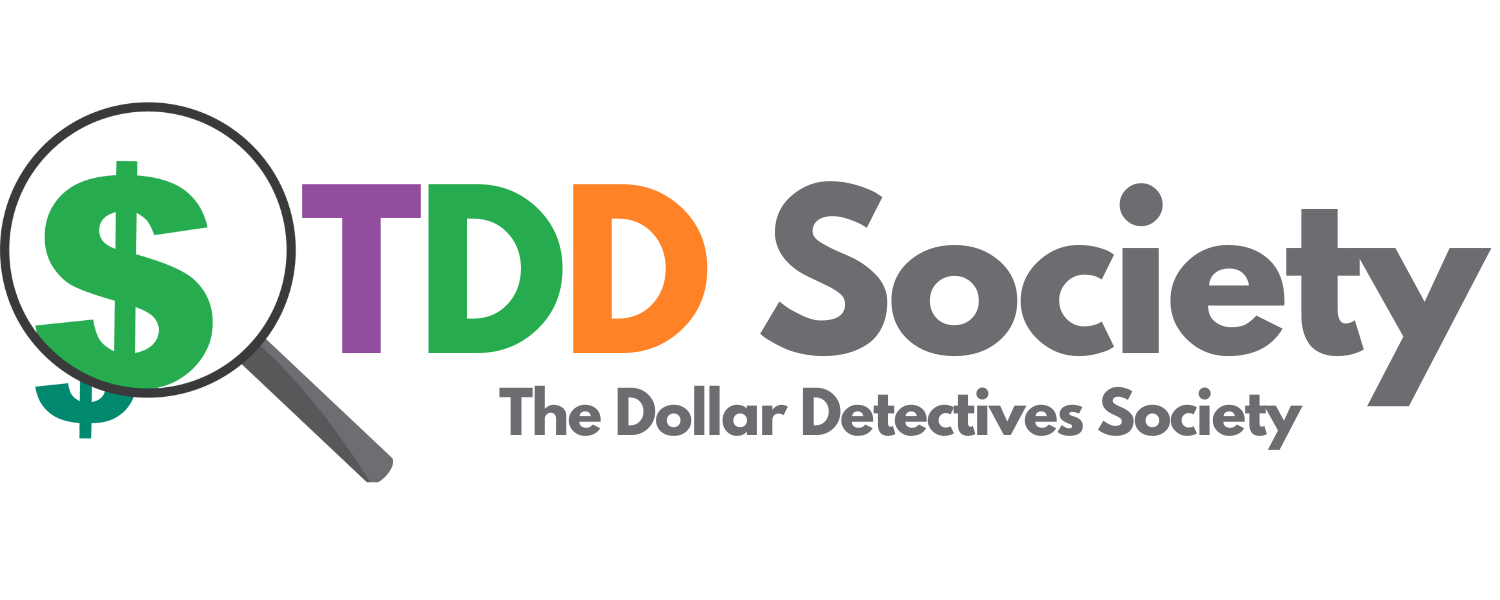Employment plays a large part in your financial well-being. Working is how most Canadians make money. Ideally, you want a job that pays enough for you to cover your living expenses, save money for the future, and pursue your hobbies and interests as well. Let’s dive deeper into how your financial well-being and employment are connected by looking at your goals, budgets, and work.
As you set yourself goals in life, you’ll need a certain amount of money to achieve these goals. Some goals might be buying a vehicle, travelling, or getting an education. These sorts of goals require money. While taking out a loan is an option, if you can wait, saving over time means instead of paying the interest on a loan, you’ll gain interest by investing your money. Even if you need a loan eventually to help reach your goal, having saved some money is better than nothing. Since most of us (especially young people) don’t have tens of thousands of dollars to reach our goal, we can instead put money away over time to reach our goal.
How long it takes you to reach your goal depends upon the amount of money you need and how much money you can put into your savings regularly. You’ll want to keep a budget to ensure your spending and saving doesn’t exceed what you’re earning. Tracking your monthly income and expenses, setting reasonable spending limits, and reviewing your budget can help you live well and save enough money for your goals.
Since we all know money doesn’t grow on trees, you will need to work (and invest) to make money that you can put toward your goals. If you’ve looked at your expenses and your goals already, you might have an idea of how much money you need to make. Now, you need to start thinking about a job.
How much money you’ll be able to make on a job depends on many factors: how many hours you are available, your relevant experience and skills, your education, the responsibilities of the job, and what jobs are available in your area that match these factors. Jobs that require more specialized skills pay more money than jobs that most people could perform. For instance, a cashier is usually an entry-level job because ringing through items and taking money can be done by many people without needing much training. On the other hand, the store manager makes more money because they have more responsibility and experience in the store’s operations.
If you cannot find a job that meets your financial needs, you have options. In the short term, you may need to look for ways to spend less money. But over the long term, you can improve your employability by gaining experience and education. Programs, like those offered by The Dollar Detectives and our partners, can help you increase your employability and, thus, your financial well-being too. Eventually, you may consider saving for education and certification programs that give you a more specialized skillset. Some employers will even help fund employee education, and these are great companies to look for opportunities with.
Learning about investing, budgeting, and employment is critical to your financial well-being, and this kind of education can increase your earning potential too. Keep following The Dollar Detectives for more tips and tools in these areas to improve your financial health!

